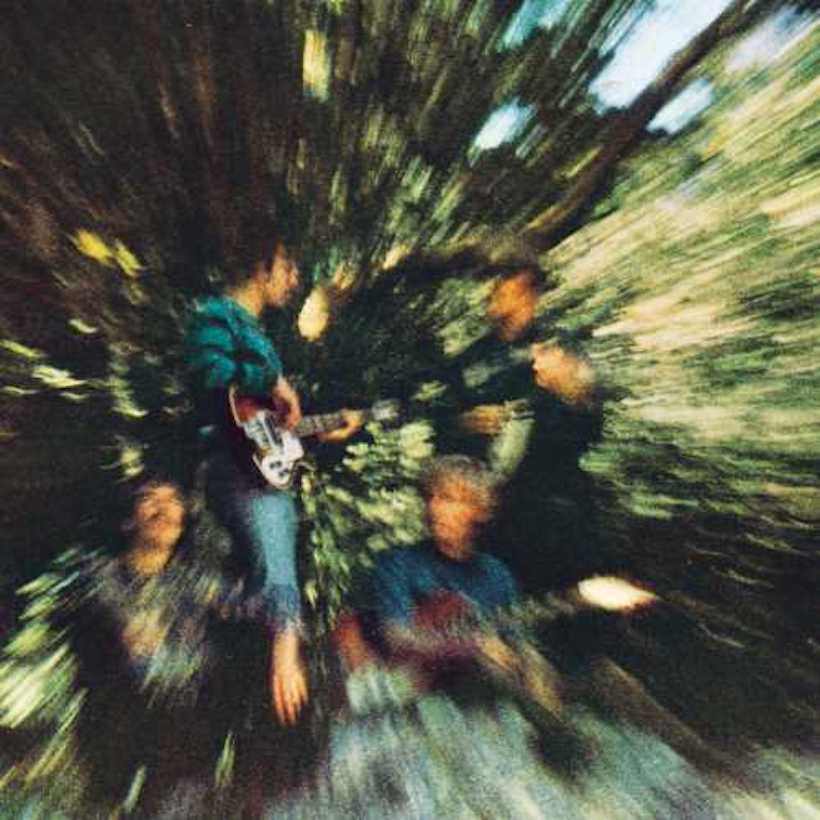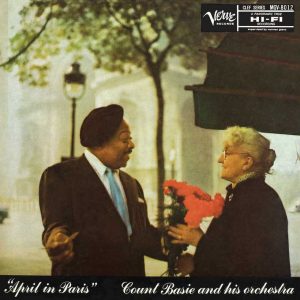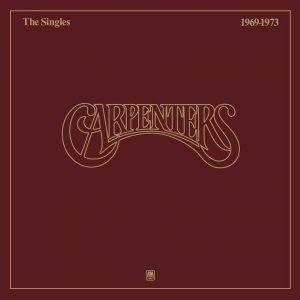“Out of the west comes Creedence Clearwater Revival, a San Francisco band with a crunching R&B sound, a haunting way with blues and sturdy rock repertoire.” That’s how Billboard magazine announced the band’s debut album in late June 1968. Two weeks later, it was released, and, not long after, the self-titled album made its debut on the US album chart. It climbed to No 52, propelled by single “Suzie Q,” which made its own journey to No.11 on the singles chart. It was against this background of limited, but encouraging, success that CCR began work on their follow-up, Bayou Country, at RCA’s Hollywood recording studio in October 1968.
The album was completed before year’s end and hit stores on January 5, 1969. Ahead of the album’s release, Fantasy Records put out single “Proud Mary,” backed by “Born on the Bayou” in mid-January (can you imagine making the latter song a B-side?!). By the end of the month, the double-sided single had crashed onto the Billboard singles chart, where it peaked at No. 2 for three weeks in March. It was kept from the top by Tommy Roe’s “Dizzy.”
Listen to Bayou Country right now.
A week after “Proud Mary” hit the stores, Bayou Country was officially released. With the momentum generated by the single, on February 8, 1969, Bayou Country began its steady climb on the album charts, and by early April, it made the top 10, peaking at No.7 in May. Coincidentally, this was the same week that “Bad Moon Rising” entered the singles chart, setting up the band’s third album, Green River, which would be released two weeks before the band performed at the Woodstock Festival that August.
“Born on the Bayou,” with its swamp-like feel, is the opening cut on the album, and it establishes the mood for the whole first side of the long player .“Bootleg” and “Graveyard Train” both carry on that vibe of voodoo, New Orleans mysticism and an altogether different America from the cities in the North and the California coast. Not everyone fully appreciated the power and potential of these songs, however. Critics were less than effusive. Even Rolling Stone wrote, “The good cuts are very good; but the bad ones just don’t make it.” Of course they would have been right, if there was a bad cut…
Before the band went into record Bayou Country, John Fogerty had already written many of the songs, including “Proud Mary,” which he didn’t have a title for. “I go back to the song-title book and ‘Proud Mary’ is sittin’ there, and dang if it didn’t sound like a paddle wheel goin’ around. I said, ‘Man, that sounds like a riverboat!’ Now, that’s the magic, the myth, the voodoo of this whole deal. I began to write the song – the story – of that boat, Proud Mary. It was the central character. That’s exactly how it happened; it’s no more mythical than that.”
Strangely, perhaps, “Proud Mary” is placed as sixth out of the seven tracks on the album; conventional wisdom would say that is not the ideal place to put your strongest song, yet it works. Side two opens with a cover of Little Richard’s “Good Golly Miss Molly,” but it really isn’t a cover at all; it is a total reworking of the classic rock-and-roller that gets the full CCR treatment.
The blues of “Penthouse Pauper” precede “Proud Mary” – it’s another excellent song that has some searing lead guitar from John Fogerty against the solid rhythm section of Doug Clifford’s drums and Stu Cook’s bass, serving as a hallmark of the band and this album.
“Keep on Chooglin’” rounds the whole thing off with its Canned Heat-like boogie, but it has a quintessential Fogerty lead vocal that propels the track along, accompanied by his insistent guitar. It’s a perfect closer for what is a near-perfect album, but one that has had much less attention than it deserves, compared with the band’s more successful albums.
By the time that CCR took the stage at Woodstock, they were just about the most popular band in America on the strength of “Proud Mary” and “Bad Moon Rising.” During their hour-long set at the festival, they played both songs, along with “Bootleg” and “Keep on Chooglin’” from Bayou Country – and, in keeping with its status as the album opener, they began their set with “Born on the Bayou.”
We’ll let John Fogerty have the last word: “By the time we got to Woodstock, I felt we were the number-one band. Assuming that the Beatles were God, I thought that we were the next thing under them.” He was not wrong.
Creedence Clearwater Revival’s Bayou Country can be bought here.




